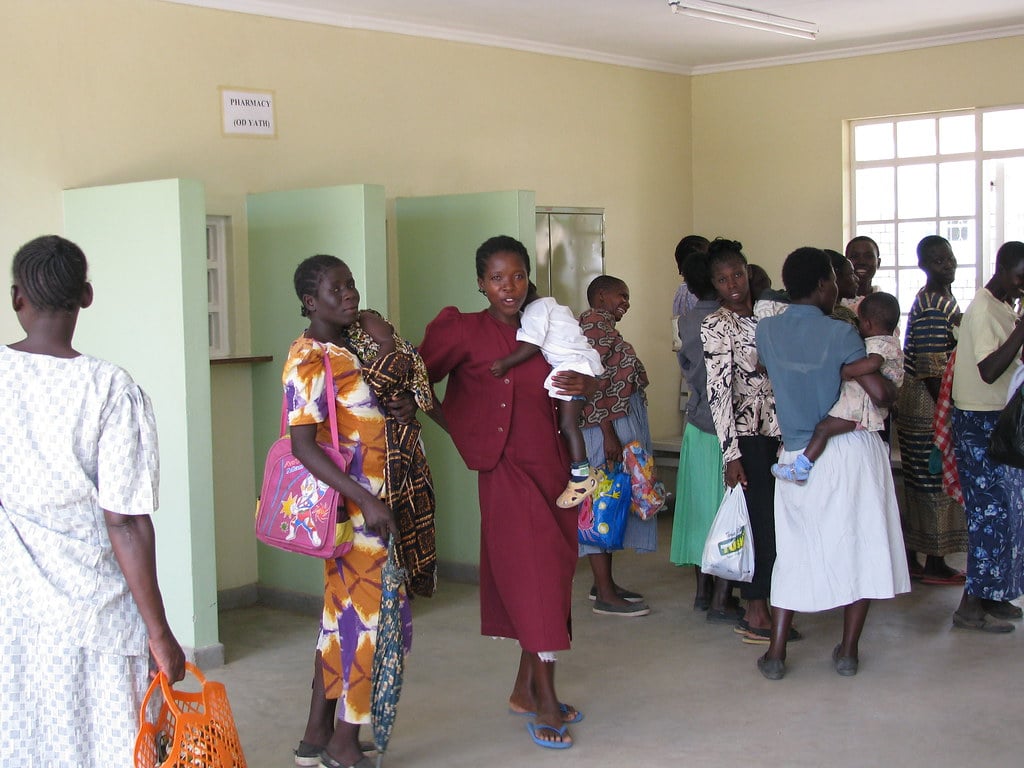About the research group
Because health expenditure in the form of out-of-pocket payments is a driver of poverty and a barrier to development, governments seek to provide universal healthcare services. However, this does not translate to universal and equitable access to these services. To ensure affordability of maternal health services, the Government of Kenya introduced vouchers targeting vulnerable women in 2006 and free maternity care in public health facilities in 2013. Due to lack of evidence on the effectiveness of these two interventions, this study compares the effectiveness of both approaches, and how they interact with existing formal and informal social support mechanisms, such as micro-credits, health insurances, or informal kinship obligations.
